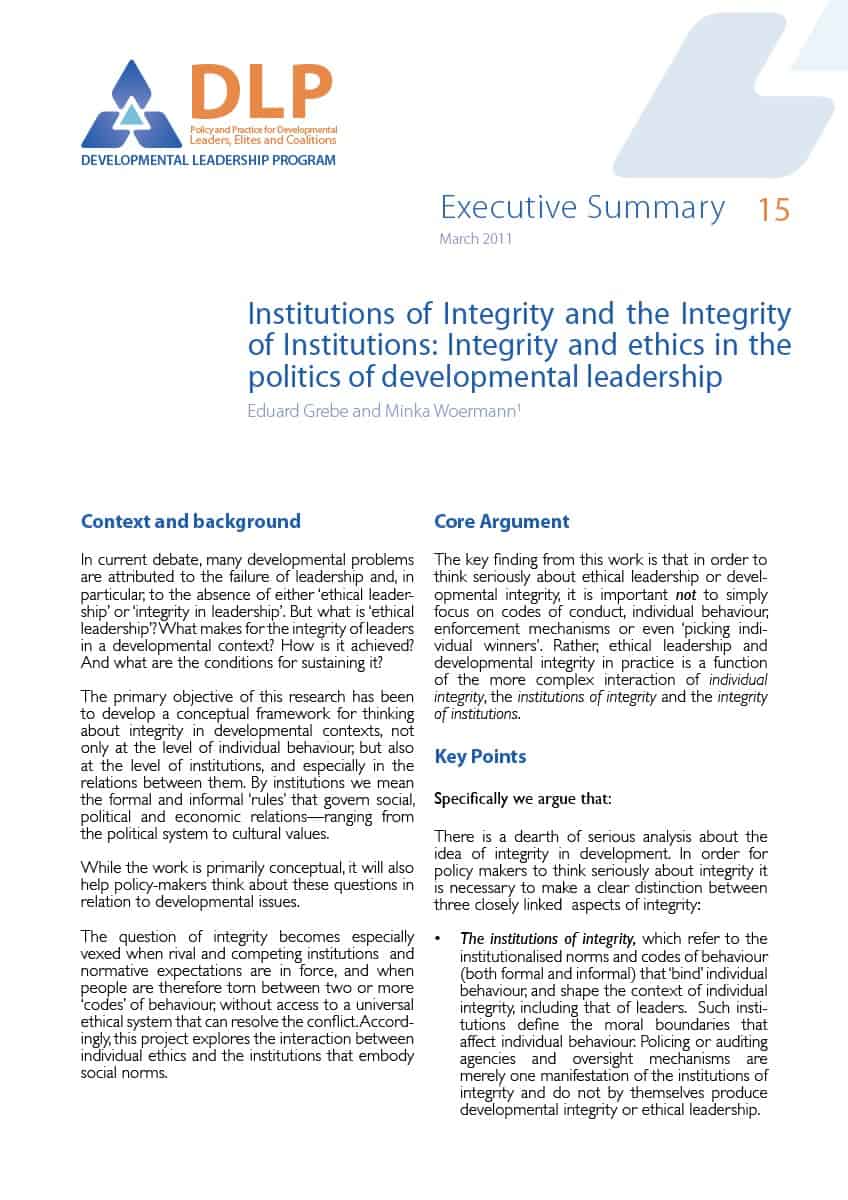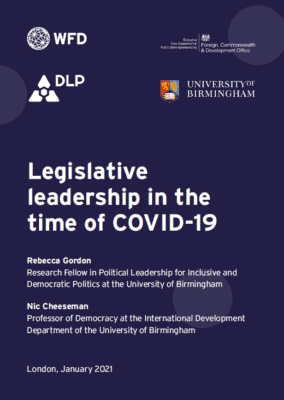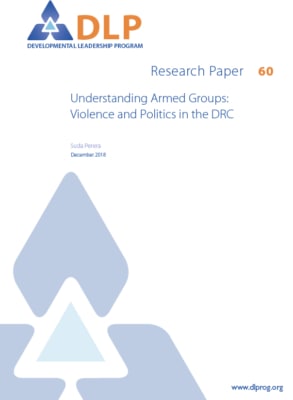In current debate, many developmental problems are attributed to the failure of leadership and, in particular, to the absence of either ‘ethical leadership’ or ‘integrity in leadership’. But what is ‘ethical leadership’? What is ‘developmental integrity’? How is it achieved? And what are the conditions for sustaining it? The existing research on these questions is limited, and the primary objective of this study is accordingly to develop a conceptual framework for thinking about integrity in developmental contexts, not only at the level of individual behaviour, but also at the level of institutions. The core argument is that integrity and ethical leadership for development is not simply a matter of defining and enforcing codes of conduct (or of combating corruption). Instead, developmental integrity is the outcome of the interaction between (1) individual integrity (i.e. the moral choices of individuals); (2) institutions of integrity (the moral ‘codes’ and norms of behaviour, including legal rules); and (3) the integrity of institutions (institutions that are coherent, perceived as legitimate and that effectively promote development).
While the research is therefore primarily theoretical and conceptual, it is intended to help policy-makers think clearly about ethics and integrity in relation to developmental issues.
Download the summary below or see the full paper.









